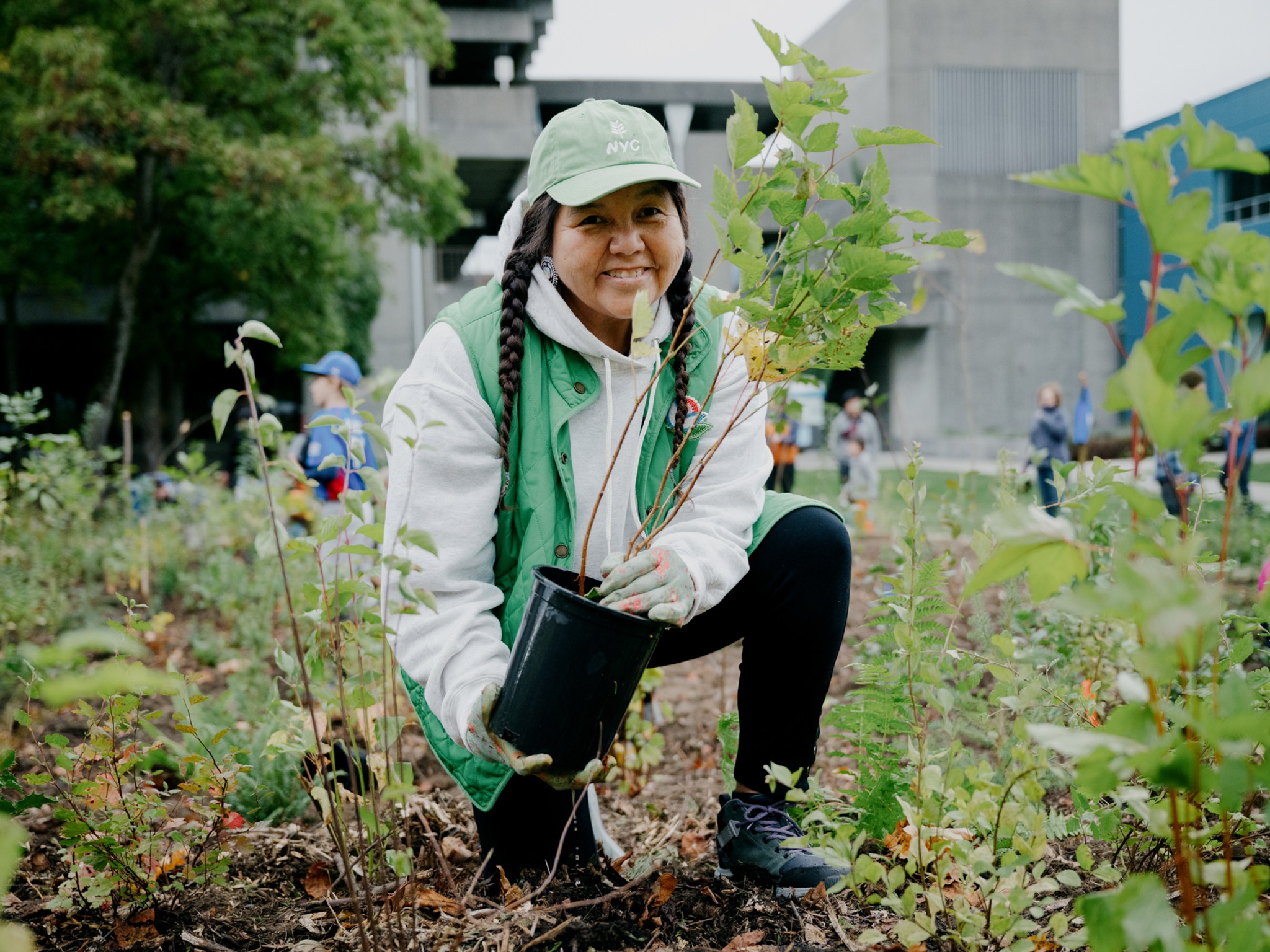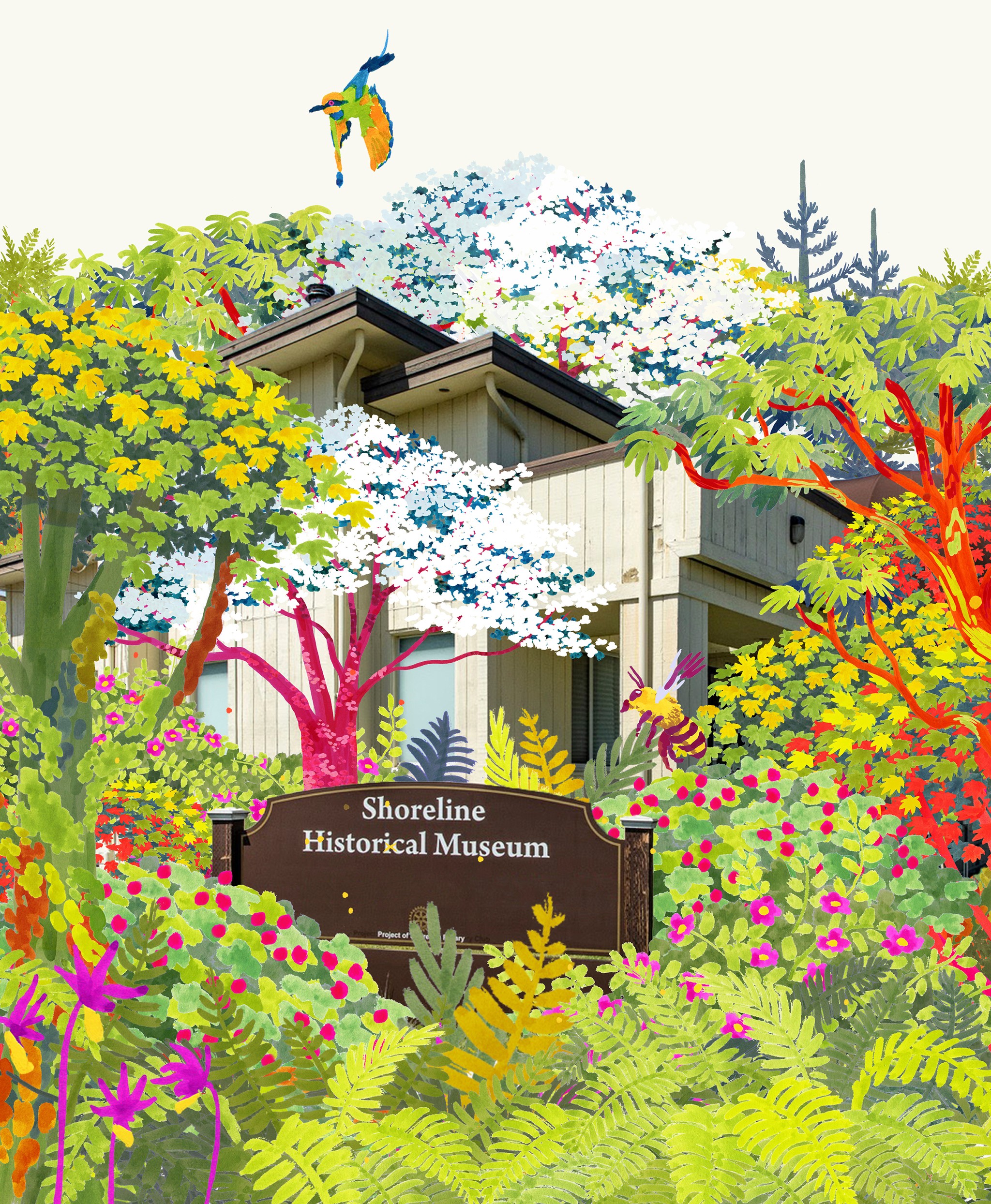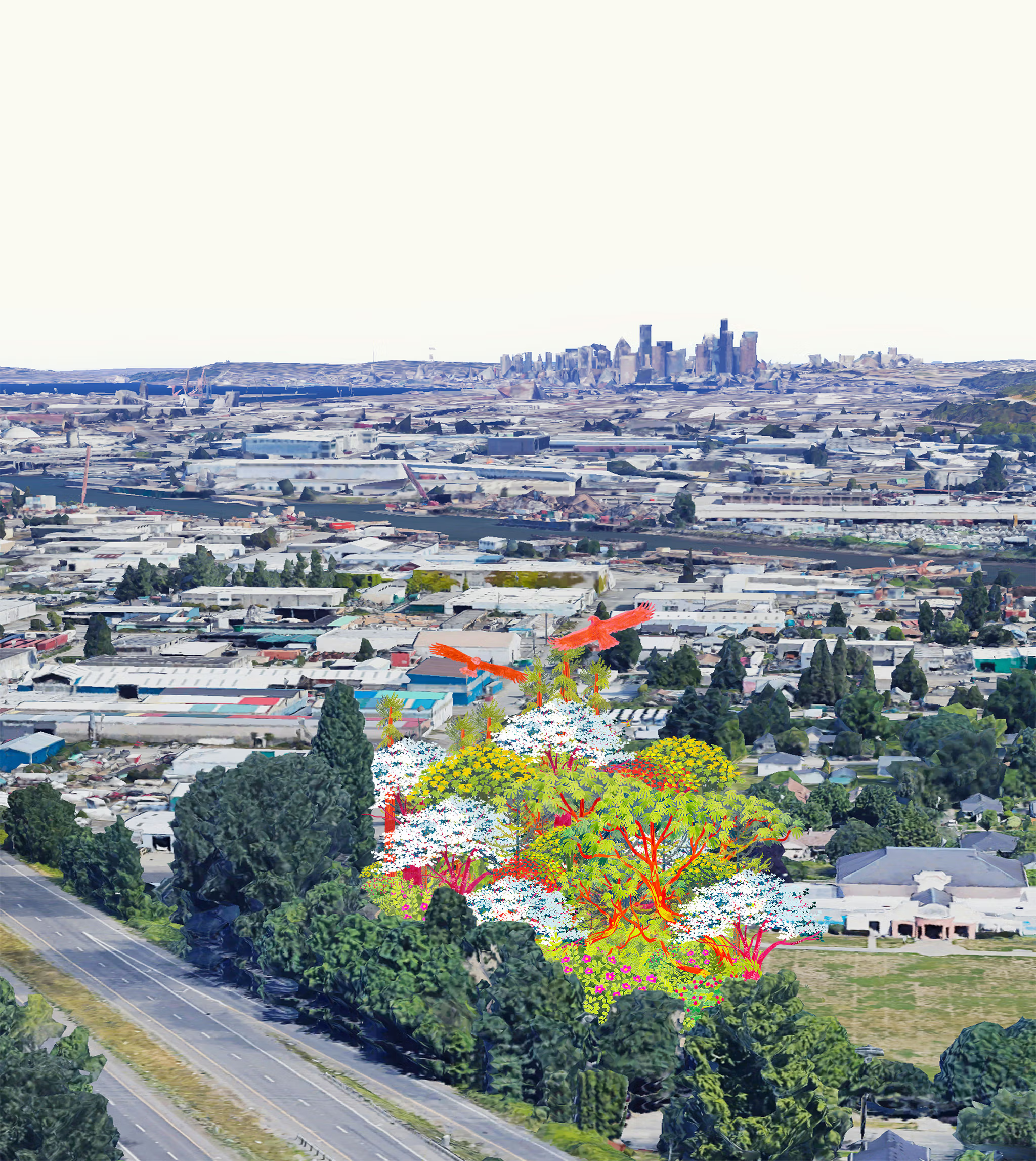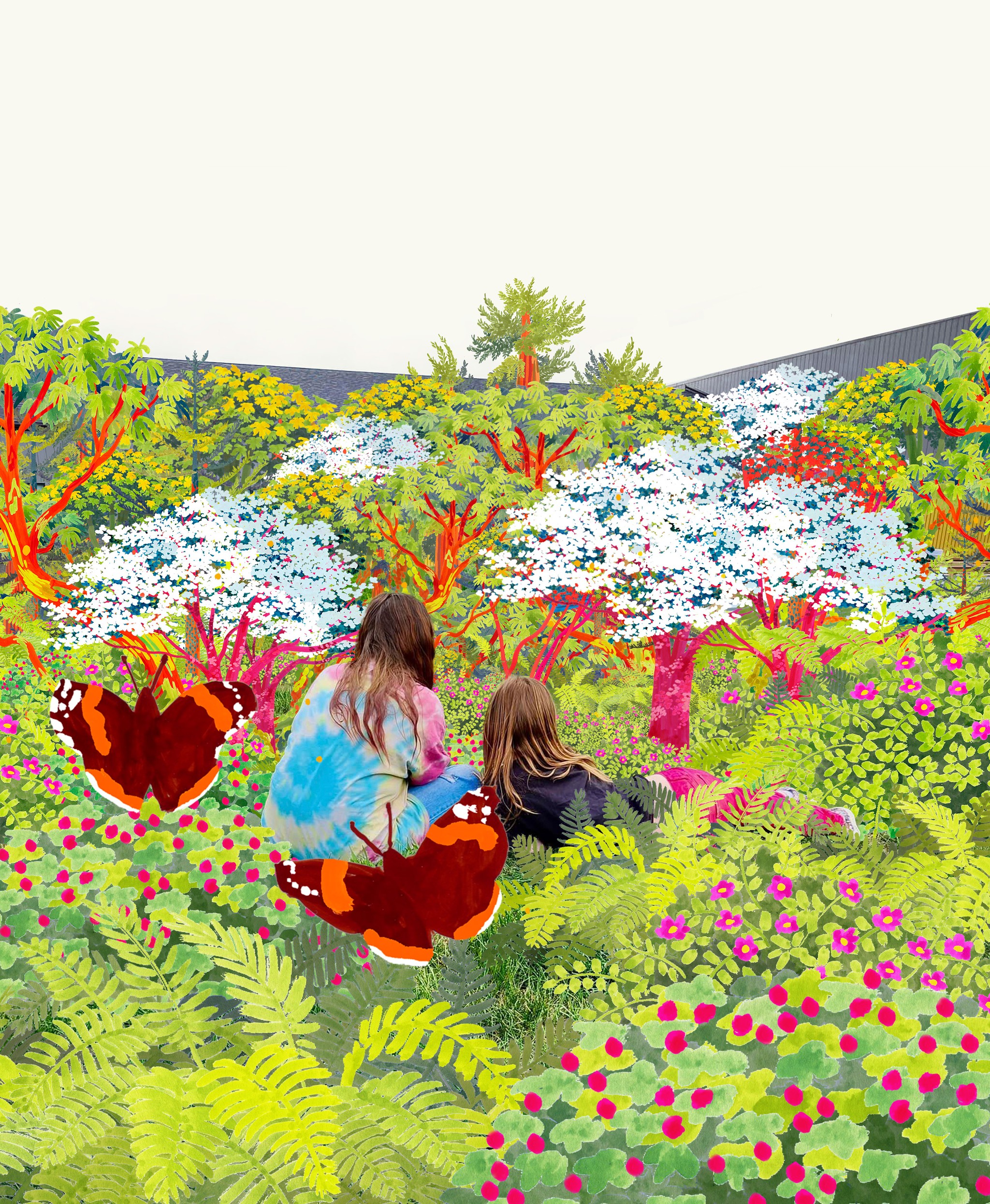Seattle Unity Forest
Celebrating rich cultural diversity.
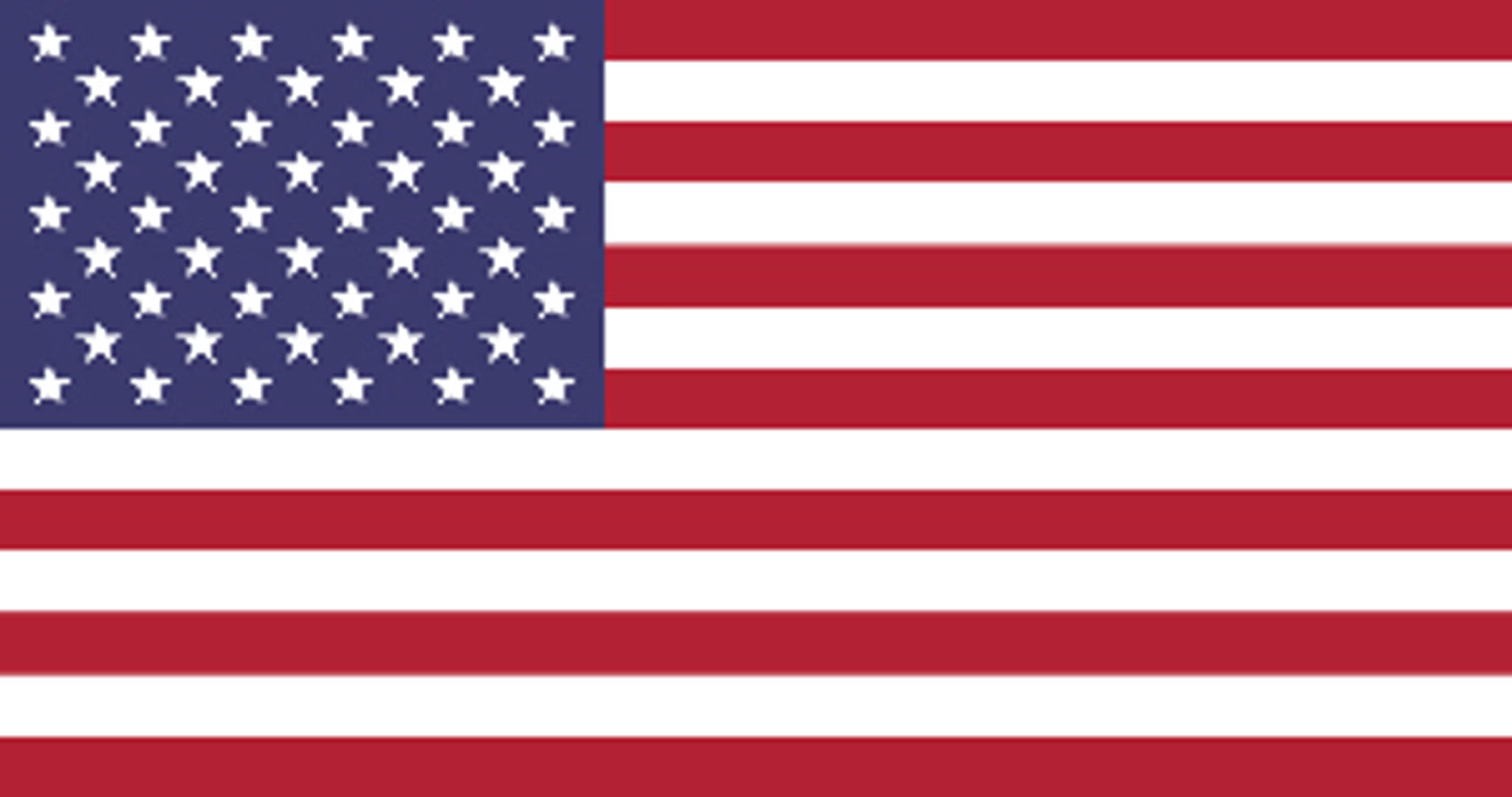

0
Trees
0
Square Feet
0
Native Species
0
Youth Impacted
The forest was planted on the grounds of North Seattle College (NSC), recognised nationally as a leader in sustainability among associate colleges. NSC grounds hold over 11 acres of wetland that are home to a variety of animal species, including the Great Blue Heron. The addition of this forest will create a distinct ecosystem and provide habitat for species like the Pacific Tree Frog, further enriching the biodiversity on campus.
The forest is nestled on grounds near Licton Springs - an area known to the Lushootseed Coast Salish peoples as líq’tәd, meaning "reddish mud”. For thousands of years, the Dkhw’Duw’Absh (People of the Inside) and Xacuabš (People of the Large Lake), ancestors of the present-day Duwamish Tribe, used this site as a spiritual health spa and place of restoration. With this forest, the site will continue to offer a space of relaxation and reflection for the 4,675 students enrolled at NSC.
Forest Maker
Ethan Bryson


Forest Partner

Forest Design
The natural healing abilities of this place have drawn people to this area, now known as North Seattle, for hundreds of years. We are creating a wilderness anchor with North Seattle College to echo the intention for unifying those in need of restoration.

Planting: October 2024

Native Species
Selection
“Sustainability is a core value at Docusign and we are honored to support the Unity Forest in Seattle. Our partnership with SUGi helps to support the rewilding of community spaces in regions where we live and work. Through Docusign.org, we bring the strength of our products, people, and resources together to create stronger communities and a more sustainable planet.”
Andrea Bouch, Docusign.org
“These plants and numerous others have been used by our Duwamish ancestors and the Duwamish Tribe for thousands of years to feed and nurture us. Development has diminished their habitat and our access to them. Their absence has been felt by us, our native pollinators, birds, fish and aquatic life. We want to thank the Shoreline Historical Society for pursuing a native forest on our ancestral lands.”
Nancy Sackman, Cultural Preservation Officer




















